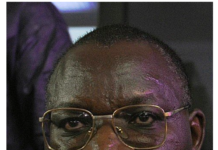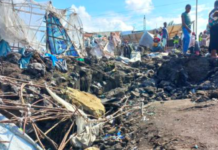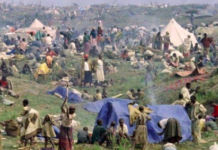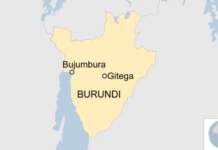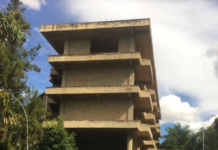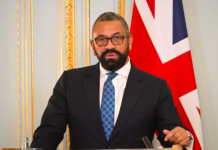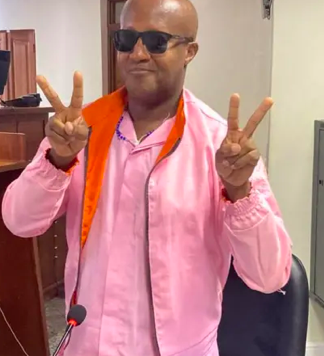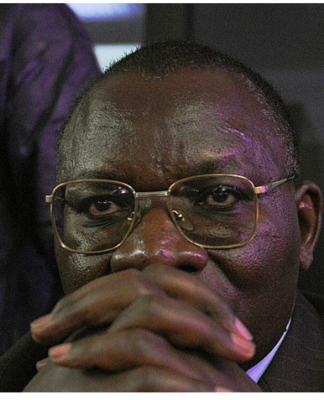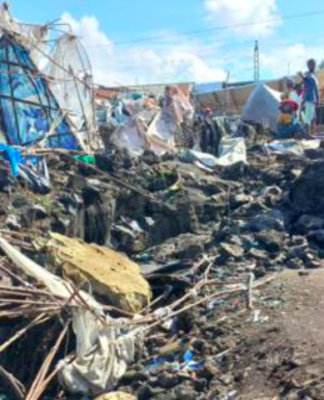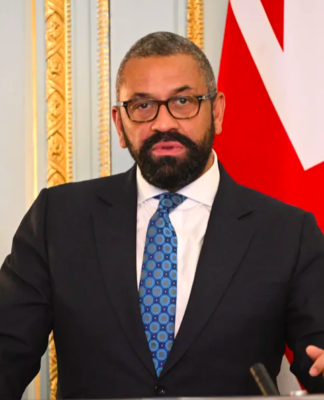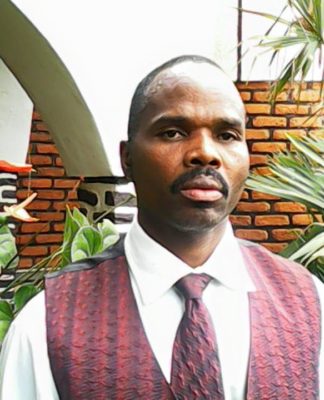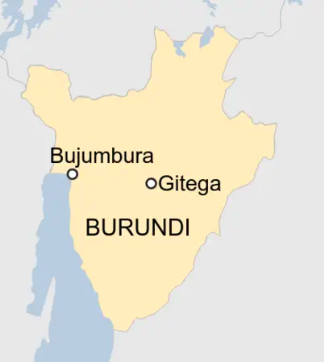
By David Himbara
Many commentators have characterized the Ethiopia-Tigray War as a tribal warfare. They maintain that the Ethiopian Federal Government is waging a war against the Tigray state, one of the 10 ethno-linguistically based regional states that make up federal Ethiopia. According to this thinking, the Tigray regional state is fighting to gain autonomy from the over-centralizing agenda of the federal government. It is further claimed that If Tigray achieves its demand for greater autonomy, the other 9 regional states will similarly strive for the same powers, thereby disintegrating Ethiopia. This interpretation of the Ethiopia-Tigray war is, however, mistaken.
The latest Ethiopian war was provoked by the old power elite hailing from Tigray that ruled the country with an iron fist from 1991 up to 2018. The rise of a younger leadership in 2018 dejected the Tigray elite which ferociously resisted the political and economic reform agenda of the new government. Dislodged from the central government, the old guard retreated to its main power base, namely, the Tigray regional state. It is from there that the old power elite regrouped to fight back, leading to the current confrontation. Put another way, the federal government is fighting Ethiopia’s old power elite that seeks to recapture the political and economic might it held for nearly 30 years.
The reformist agenda that dissolved the power of old power elite
The year 2018 was the beginning of the end for Ethiopia’s old power elite. That was when Abiy Ahmed became the country’s Prime Minister. On the domestic front, Ahmed immediately began to implement his political reform agenda that included the strengthening of the democratic process, freeing from prison thousands of people, including prominent opposition leaders, and fighting rampant corruption. Ahmed cut the number of posts in the federal cabinet from 28 to 20, half of whom are women, thereby providing Ethiopia with its first gender-balanced council of ministers. The post of the president of Ethiopia is held by a woman, as is the position of the supreme court president.
On the economic front, Ahmed sought to privatize part of the massive and ineffective state-owned enterprises (SOEs) controlled by the military. Perhaps the most notorious of SOEs is Metals and Engineering Corporation (METEC), the mega military-industrial complex whose subsidiaries dominate almost every economic sector. METEC was also in charge of constructing the $4.8 billion Grand Ethiopian Renaissance Dam project on the River Nile, expected to be Africa’s biggest hydroelectric project. The new government ousted the military generals from both METEC and from Grand Ethiopian Renaissance Dam project in 2018. The Ahmed government maintained that greater prosperity for lifting Ethiopians from poverty, 32% of whom live on less than $1.90 a day, could only be generated by a dynamic private sector comprising domestic entrepreneurs and foreign investors.
Perhaps, the most astonishing achievement of the new government was the swiftness with which Ahmed made peace with neighbouring Eritrea. Ethiopia finally honoured the terms of the 2000 peace agreement that was to end its 20-year war with Eritrea. When Ahmed was awarded the Nobel Prize in 2019, the Nobel Committee highlighted his leadership in resolving Ethiopia’s long-running border dispute with Eritrea.
The old power elite retreated to Tigray regional state
Ahmed’s reforms were devastating to the old power elite, which had ran Ethiopia since 1991, led by Meles Zenawi until his death in 2012. As Chairman of the Tigray People’s Liberation Front (TPLF) Zenawi’s power base was his homeland of Tigray regional state. The TPLF had been the dominant force in Ethiopia’s political economy after it defeated the military regime of Mengistu Hailemariam in 1991. Since then, the Tigrayans controlled much of the Ethiopian federal government, SOEs, natural resources, and the billions of dollars of foreign aid the country receives from international donors. Until Ahmed came to power in 2018, these assets were firmly in the hands of the TPLF power elite.
Inevitably, the Ahmed-led reforms targeted the big fish in the old guard. Ahmed’s drive to rein in especially the security services and tackle economic mismanagement, corruption and human rights abuses, put him on the collision course with the Tigray power elite.
That is the context in which the Tigray power elite were forced out of the federal government and retreated to the Tigray regional state to fight back. The climax of the power struggle occurred when the federal parliament postponed the national and regional elections due to the Covid-19 pandemic. Tigray’s regional leaders refused to postpone their election, and held them in September 2020 in defiance of that decision. The federal government declared the Tigray elections null and void, thereby leading to the war between the two levels of government.
How the African Union and the international community can assist Ethiopia
The African Union and the international community need to first understand the cause of the Ethiopian war. Only then they can offer appropriate assistance to end the war. One of the international diplomats that grasps the cause of the Ethiopian war is Tabor Nagy, the U.S. Assistant Secretary of State for African Affairs. Nagy’s insights are informed by his previous service as the U.S. ambassador to Ethiopia. He rightly argues that when the TPLF leadership started the war, they were well aware that the Ethiopian constitution has a provision for the states to secede peacefully. The conflict is, therefore, not about regional autonomy. Nagy concludes that the TPLF leadership started the war for two related reasons, namely, to depose the federal prime minister from power and to reassert themselves into the prominent position that they once had atop the Ethiopian political power spectrum. Put another way, the government running one region of Ethiopia started a war against the central government in a futile attempt to reclaim lost political and economic power. Assisting Ethiopia, therefore, must begin with the recognition that the ongoing war is an internal conflict between the old guard and a reformist leadership determined to implement its own vision of Ethiopia.

David Himbara, PhD, is an educator, author, and professor of international development based in Toronto, Canada. He previously headed strategy and policy for the president of Rwanda. Himbara has consulted extensively for governments including South African government and for organizations such the African Development Bank. Himbara taught political economy at universities in South Africa and the US.

